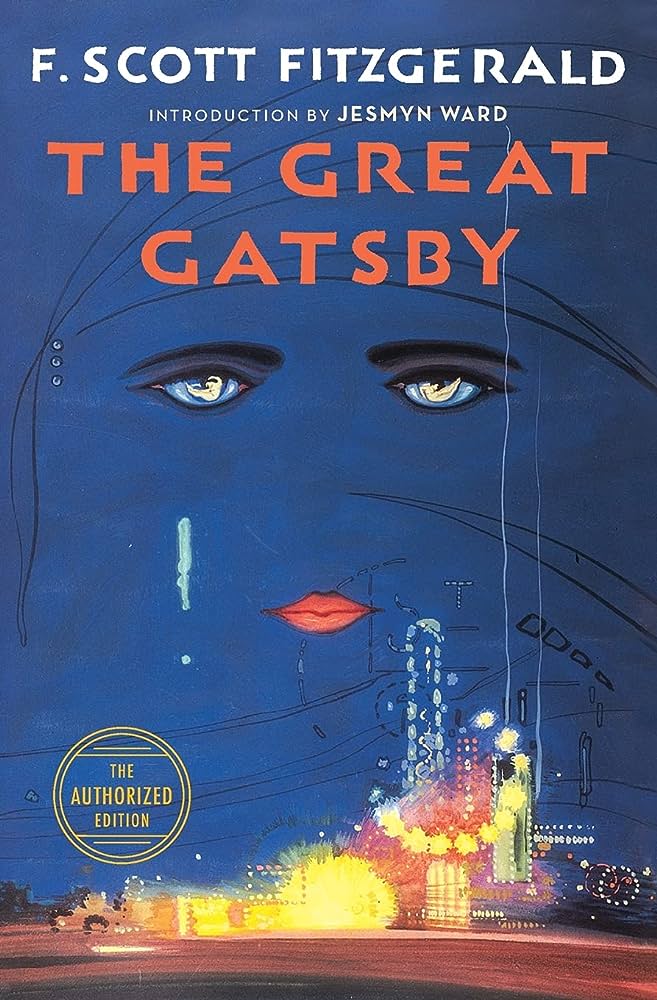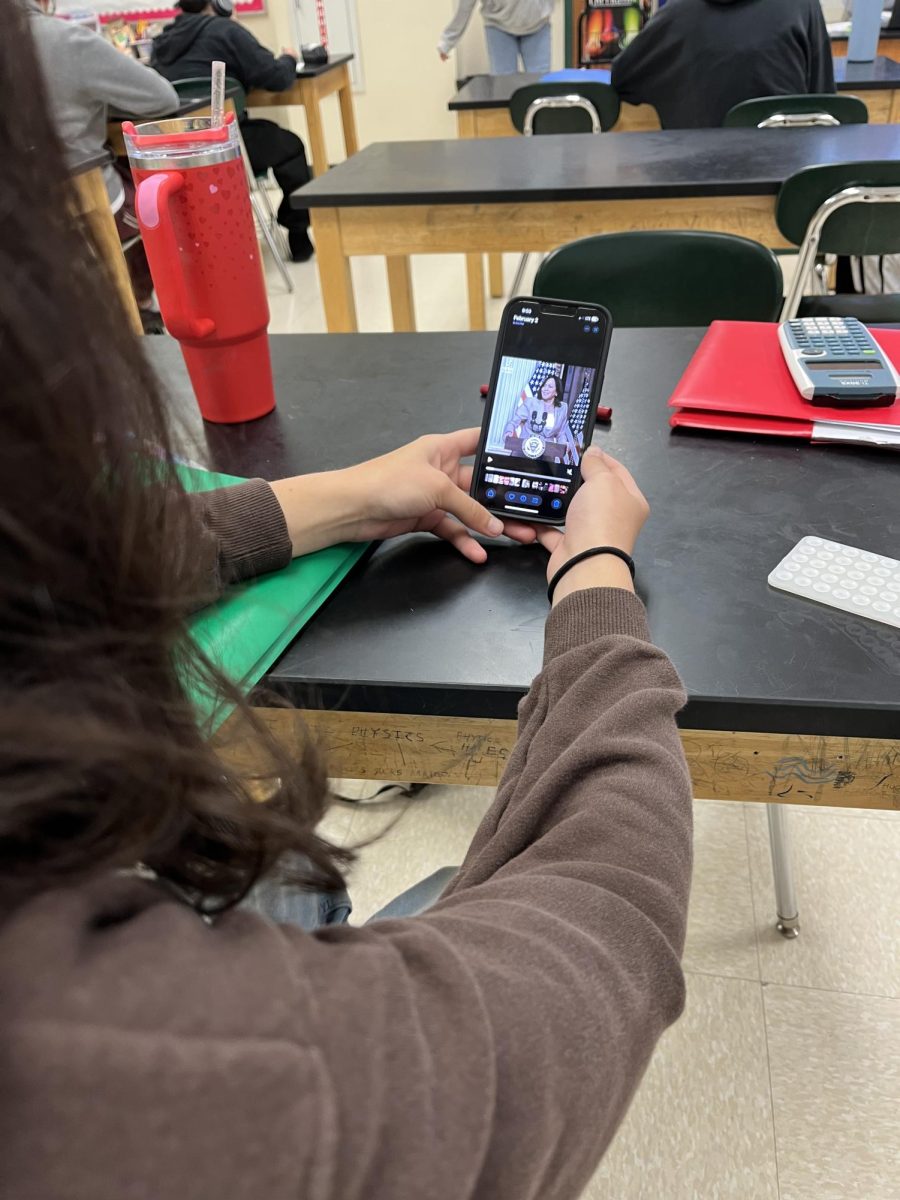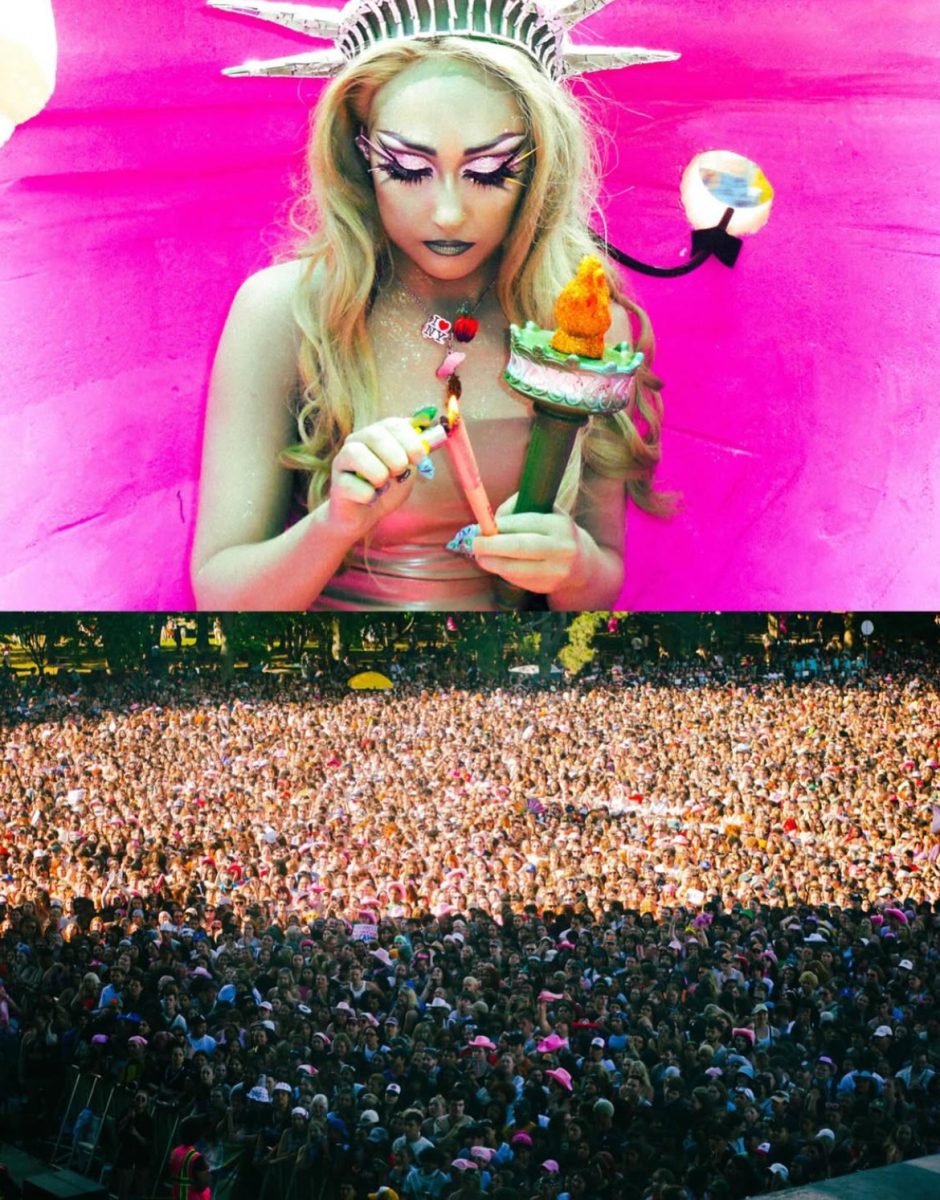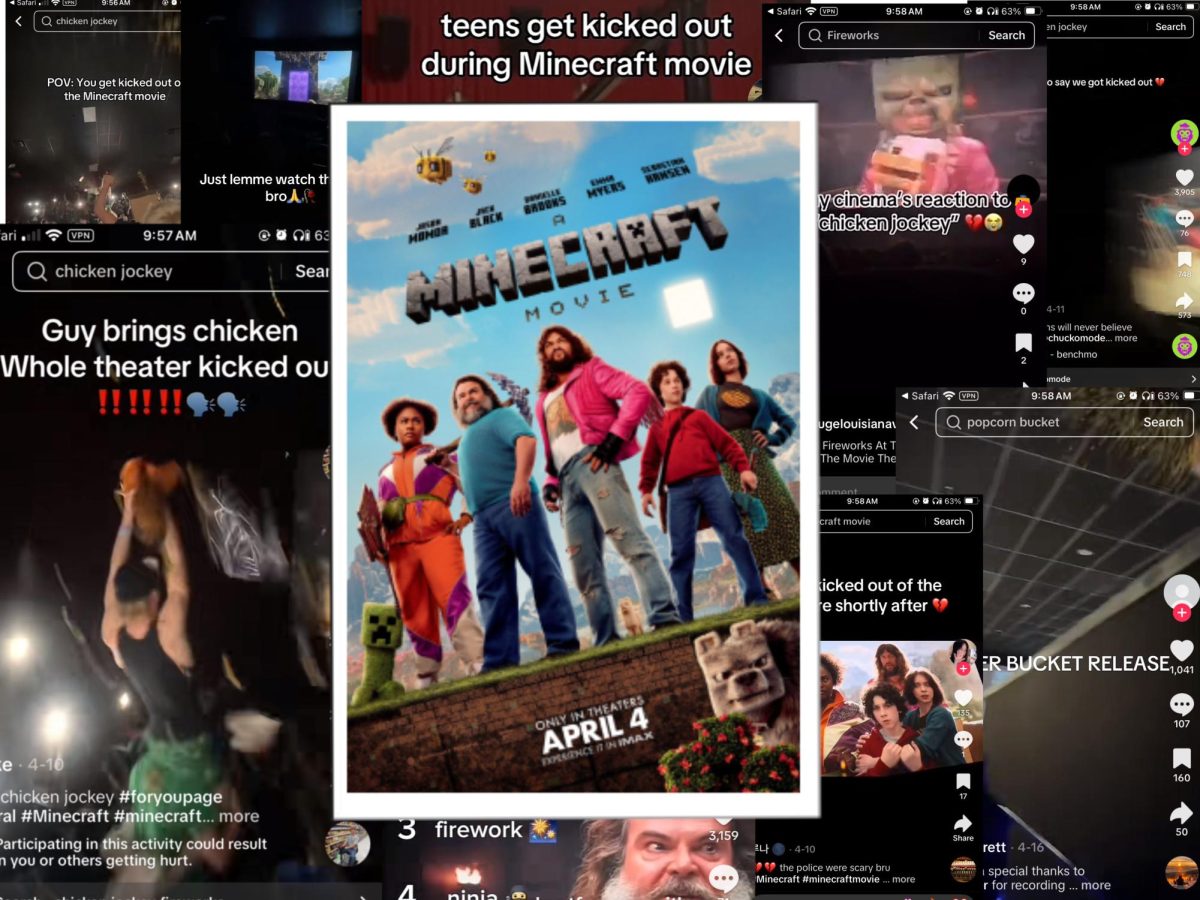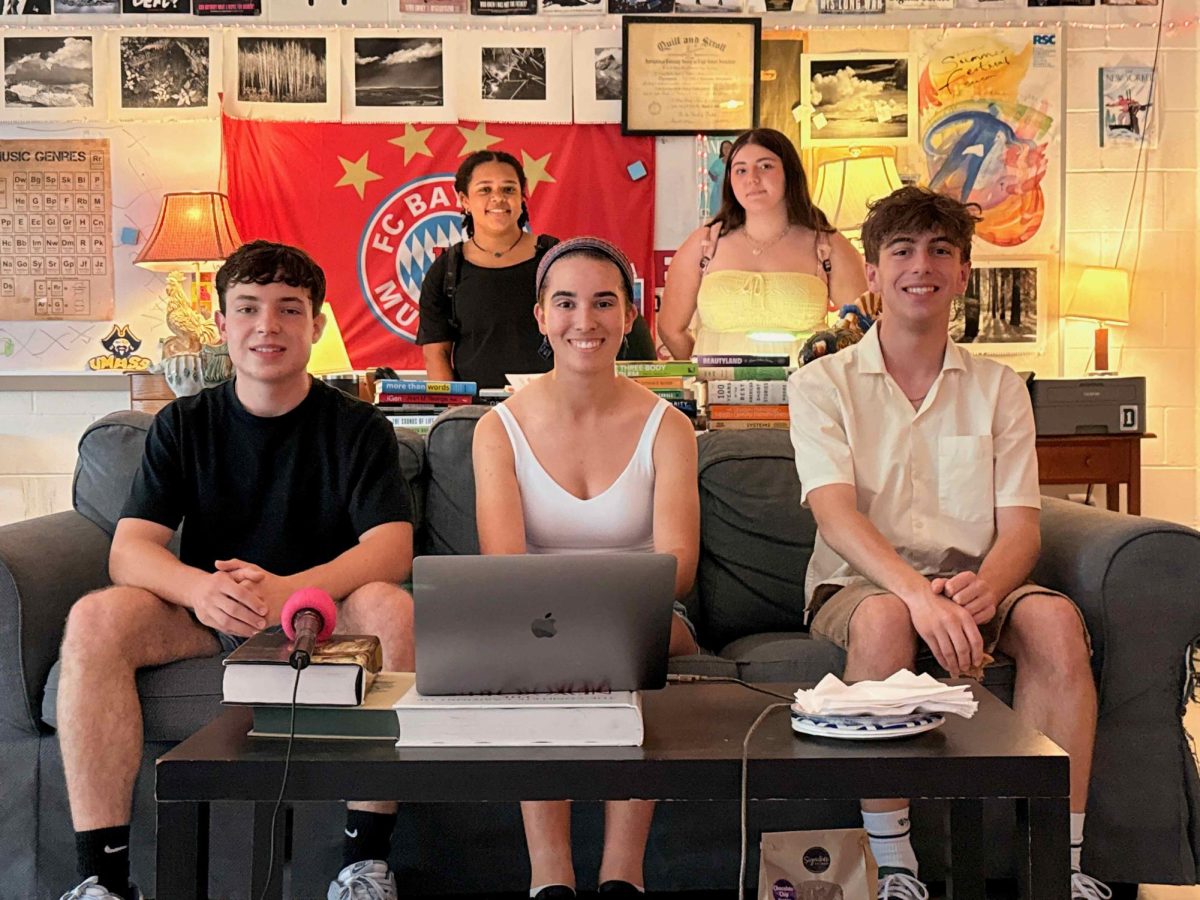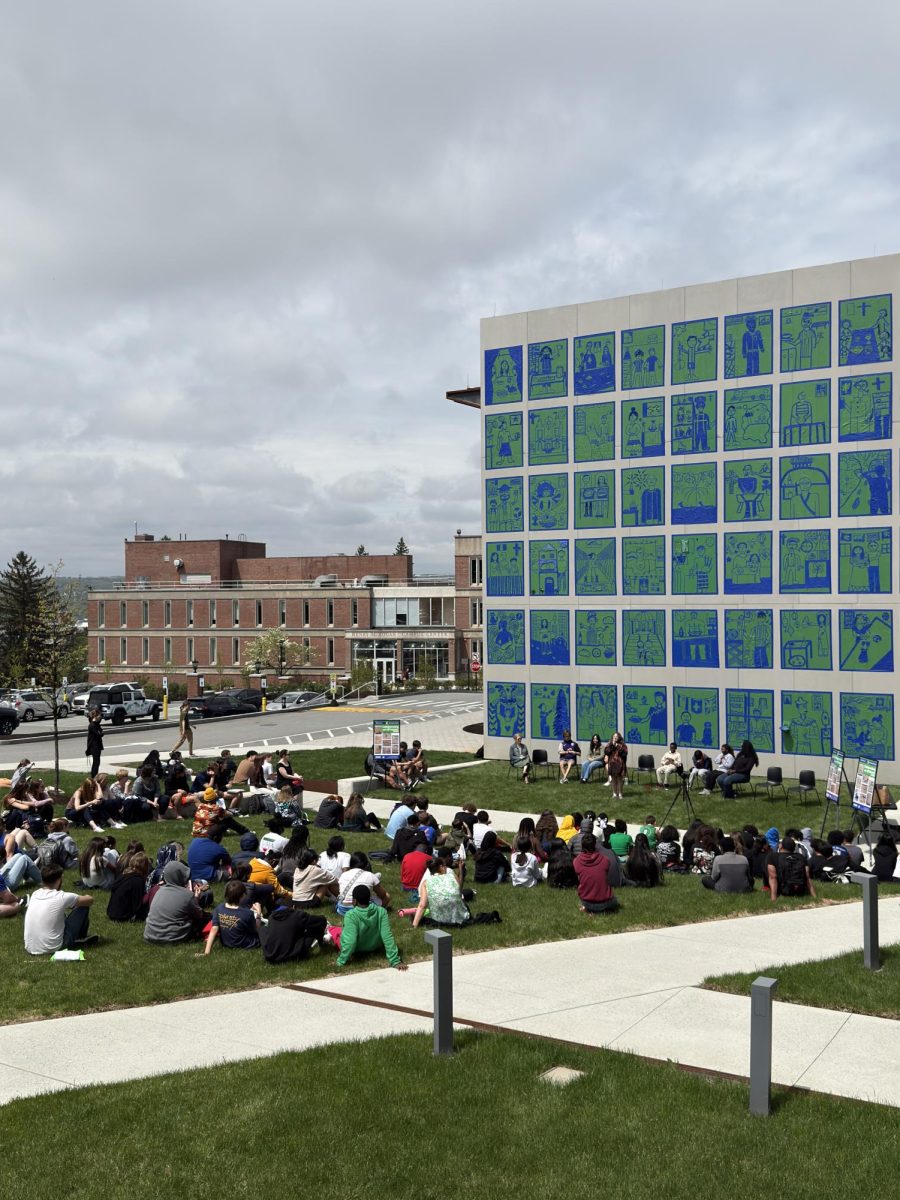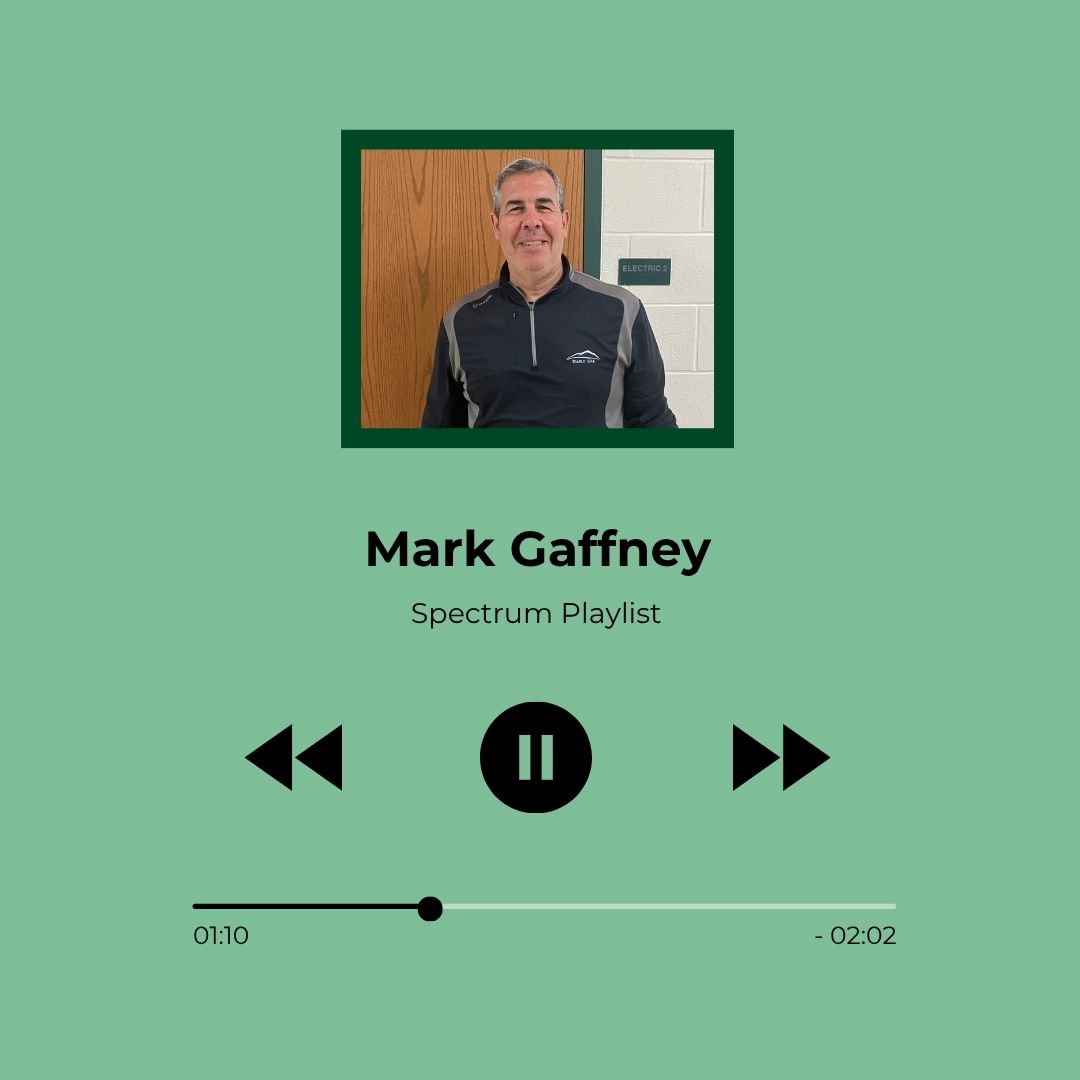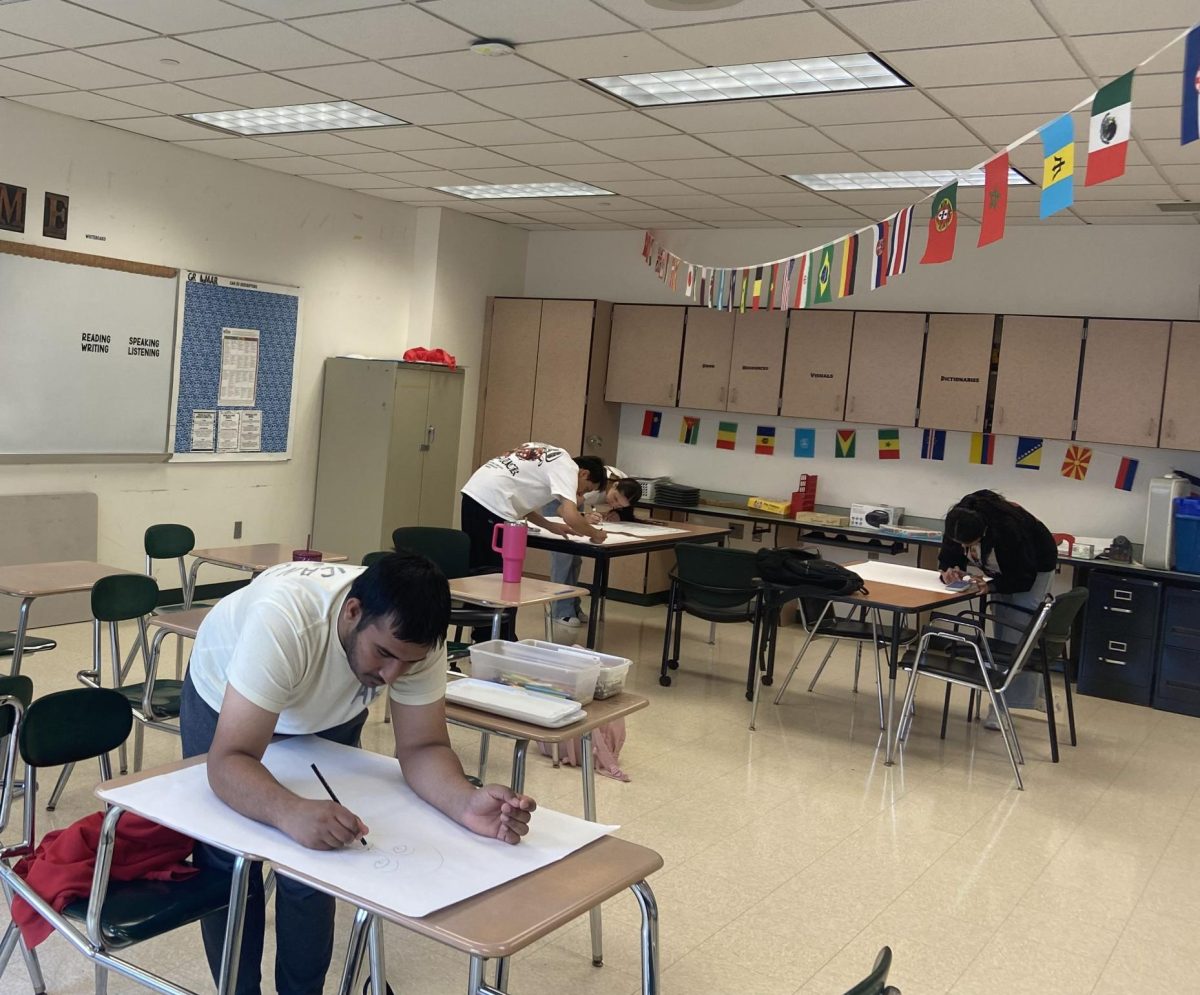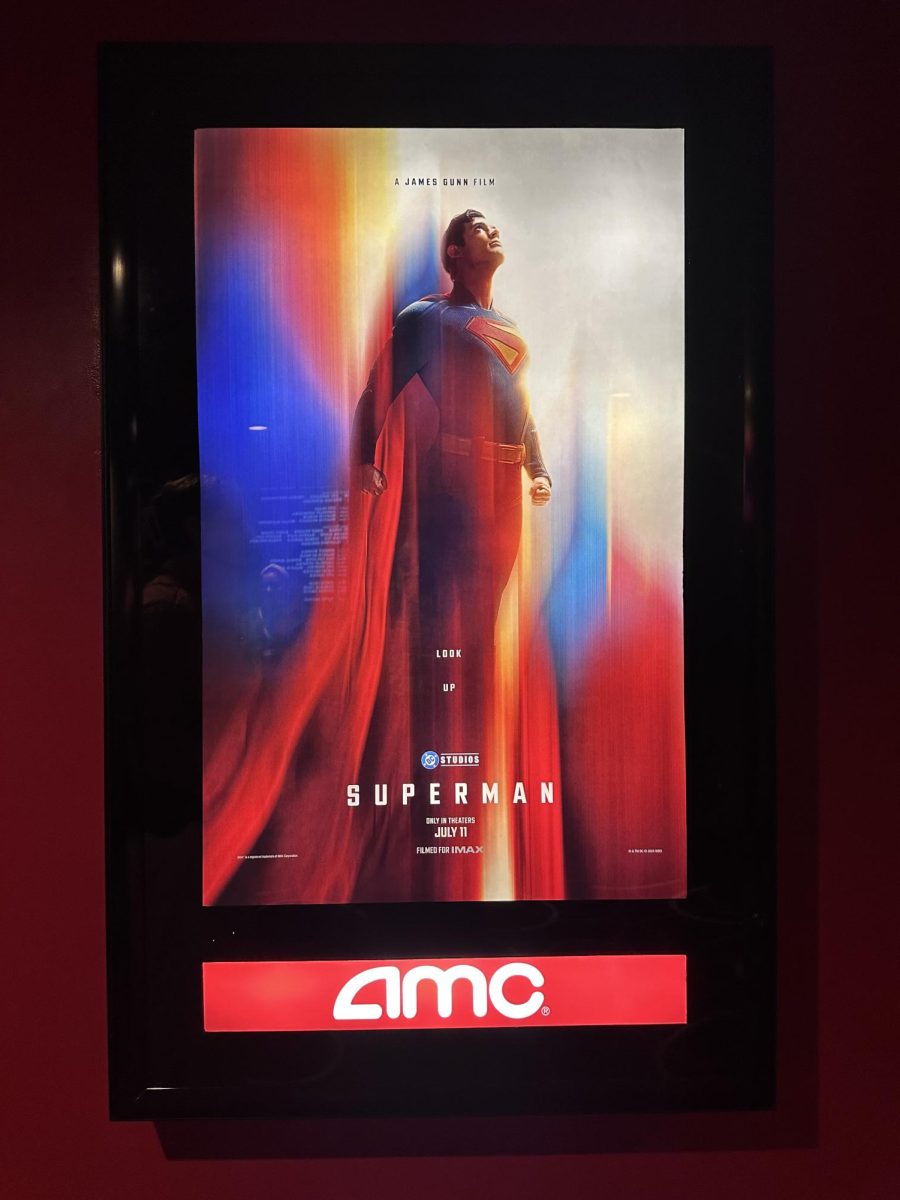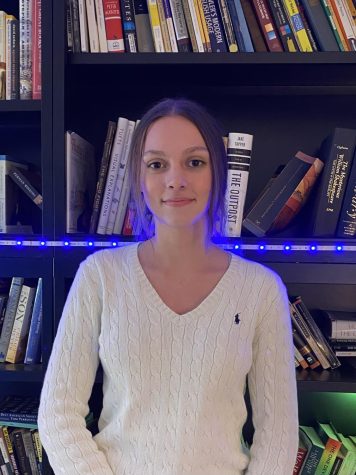-And so surrounded by a cage of my own design, I realized everything I worked for, was everything I resented, and it brought me farther from what I needed. – Me?
I wasn’t a nepotism baby of academic success, or a child born to bring pride by way of PhDs, honor rolls and distinctions, nevertheless, I spent my last four years of school desperately wanting to be the best, the brightest, the star. And it was a sense of pride, of self grandeur, and addiction that kept me going, that signed me up for everything and anything considered advanced, but it was also for Daisy; my younger self.
Daisy, who wanted freedom, independence, adventure, and love, the values children have —and Gatsby wanted that for her— the grades, the hard work, was all for the thought that if you work hard, you’ll get where you need to be. This hope, his green light always tied him to Daisy, in a symbolic and utopian way.
But he was successful in a way that was unstable, and incommunicable. He couldn’t communicate how he got the grades he did, he just did; he didn’t stay up all night, he didn’t get tutors, by all accounts perhaps he shouldn’t have had the success he did. Seemingly unfazed by the stress around him, he stood above the chaos: stoic, or as stoic as one can be with a racing mind.
The partygoers, and his friends, placed him on this pedestal, someone who was infallible, who had the confidence that they could succeed just like he did; he was generous with what he knew (as long as you didn’t ask how he knew it), but he was decidedly not one of them. Nick, his parents, were “simultaneously enchanted and repelled” by Gatsby; he seemed to have a limitless capacity for all the decadence the curriculum had to offer, the historical oddities, and scientific wonders all seemed to flourish in the eyes of Gatsby, the eyes that were darkened from lack of sleep. Nick was shocked at the peculiar opulence of his academic success, the excess; it was all seemingly for nothing, his extreme self-set standards.
Gatsby spent his academic career in between two states: crippling anxiety and just enough anxiety to get months worth of projects done in one night. Coffee flowed freely from his carafe at all hours, miscellaneous facts and jazz wrang in his ears, and he was always seen in clothes considered “fashionable,” which he only wore to be uncomfortable, because everyone knew the best geniuses and artists were born out of extreme discomfort.
But where was Daisy?
Well she was with a better, more linear version of Gatsby Tom, who represented college and a corporate job, something safe a child would long for. Daisy, realizing her values are not big enough for the big world, sees two sides of the same coin, Gatsby: more exciting and turbulent, Tom: safe and predictable, another brick in the wall. They would both get her to the same place: a little wife of a rich man, whose daughter would still be born into extreme privilege. She could buy tickets to anywhere with the excess she had, buy friendships, but she could never be truly free. Neither of her lovers love her; they see her as a piece in their game of chess: to be manipulated and moved.
Daisy, the illusive dream, the idea rather than a tangible thing, maddened Gatsby, made him want more and more and more…
Until he realized he was exactly what he competed with — but worse. All the fight for freedom, was just to set up for a life of following orders, of “yessirs” and “yes ma’am,” of coming home late because he would always be a workaholic, of making himself valuable to others. All it took was an overlooker, one Dr. T.J. Eckleburg who saw the valley of ashes Gatsby tried so hard to remove himself from and Daisy chose to ignore. Dr. T.J. Eckleburg, who only saw how he treated people, not who he was: academically successful or not, he only knew Gatsby for everything besides what he built his persona on: he brings into question why he wanted to please Daisy in the first place and who Daisy was now: vague and scared; a shadow of the green light.
She was something that only existed completely in a fleeting moment of the past, a moment that was so minuscule that he tried to extrapolate purpose from, because nothing else was good enough to hold as virtue (pride and addiction can hardly be considered virtues). Dr. T.J. Eckleburg unapologetically and impartially forces Gatsby to reach for something besides the excess that keeps him going, that he wants to live for. He looks at the pool and asks “Who is Gatsby?” and a thunderous answer erupts from the sky: “You need to let go.”

